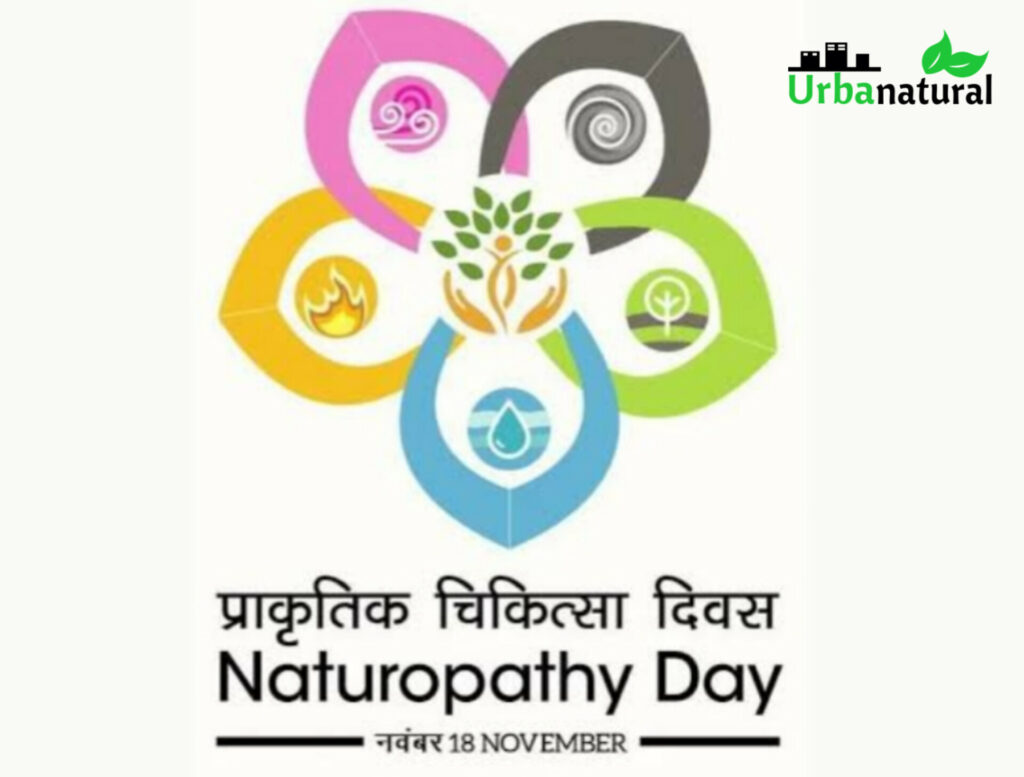World Asthma Day 2018: Asthma, which is a chronic infection of the lungs and causes difficulty in breathing, has many symptoms that change in frequency and severity over time. These include breathlessness, coughing, wheezing and a feeling of tightness in the chest and are often triggered by allergens.
by Ishita Goel
How sick are your lungs? To answer this question, one might have to consider the air quality we breathe, the fast-paced lifestyle that is often accompanied by cigarette smoke and of course, other than the general environmental factors, genetics. With the number of deaths due to respiratory problems increasing every year, chronic conditions like asthma and COPD have come to warrant special attention and the health of lungs have become a primary concern.
According to a study published in Lancet Respiratory Medicine Journal, out of the four lakhs deaths caused by asthma, about one lakh are in India. The study also noted that most cases of asthma can be treated or prevented with affordable interventions, but people often go undiagnosed or undertreated.
To help alleviate this condition of ignorance and acquaint people with the latest and most effective treatments available, World Asthma Day is celebrated on the first Tuesday of every May. This year, it falls on May 1.
HISTORY OF WORLD ASTHMA DAY
Asthma, which is a chronic infection of the lungs and causes difficulty in breathing, has many symptoms that change in frequency and severity over time. These include breathlessness, coughing, wheezing and a feeling of tightness in the chest and are often triggered by allergens. To raise awareness, Global Initiative for Asthma (GINA) initiated World Asthma Day in 1998. Organised by healthcare workers in over 35 countries, it aims to educate people on how best to get control over this respiratory problem.
Ever since, the day has had special themes every year and for 2018 it is ‘Allergy and Asthma’ – dedicated to the prevention, diagnosis and treatment of asthma.
World Asthma Day 2018: Key Facts About Asthma
- Millions are affected by asthma, especially children.
- Most asthma related deaths occur in low and lower middle income countries.
- Certain medications can control asthma.
- It is a non-communicable disease.
- Inhaled substances and particles are the strongest risk factors for developing asthma.
- In an asthma attack, the lining of the passages swell, causing the airways to narrow, reducing the flow of air in and out of the lungs.
World Asthma Day 2018: Various Causes of Asthma
- Smoking
- Air pollution
- Pollens
- Chemical irritants
- House dust
World Asthma Day 2018: Ayurvedic Home Remedies For Asthma
As per the book ‘The Complete Book of Ayurvedic Home Remedies’ by Dr. Vasant Lad, the underlying cause of all asthmatic conditions is increased kapha dosha in stomach. From there it moves into the lungs, bronchi and trachea. The increased kapha dosha then blocks the natural flow of air, creating spasm in the bronchial tree and resulting in asthma and wheezing.
Here are herbal remedies for asthma that could reduce the symptoms of the condition.
- Mix a teaspoon of cinnamon and one fourth teaspoon trikatu into a cup of boiling water. Let it steep for 10 minutes and add a teaspoon of honey before drinking. Take this twice a day to reap maximum benefits.
- Dr. Lad suggests drinking a tea prepared using half teaspoon licorice or mulethi and half teaspoon of ginger for preventing asthma.
- Take a half teaspoon of bay leaf and one fourth teaspoon of pippali mixed with one teaspoon of honey taken two or three times a day may also help prevent asthma
- Boil a teaspoon of freshly grated ginger in a glass of milk and add half a teaspoon of turmeric powder to it. Take it twice a day, this Ayurvedic remedy may help reduce the frequency of asthma attacks.
Consult a doctor or Ayurvedic expert to ensure that you are consuming the right things to prevent asthma.
Disclaimer: All information, data and material has been sourced from multiple authors and is for general information and educational purposes only and are not intended to replace the advice of your treating doctor.
The views and nutritional advice expressed are not intended to be a substitute for conventional medical service. If you have a severe medical condition or health concern, see your physician.





